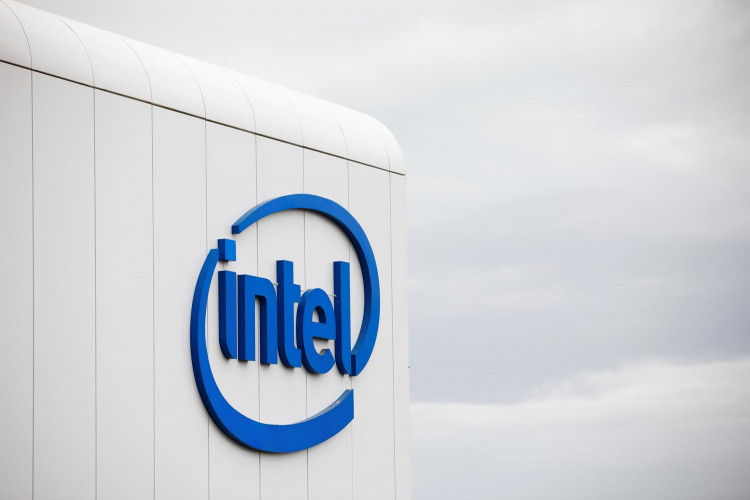Just last year, Intel celebrated a "historic victory" when the EU court overturned a whopping $1.2 billion antitrust fine. Now, the tech giant faces another EU antitrust penalty.
On September 22, the European Commission announced that Intel had violated EU antitrust rules by engaging in anti-competitive practices aimed at excluding competitors from the market. As a result, Intel has been fined approximately $400 million (€376.36 million).
Specifically, Intel's penalized behavior involves "abusing its dominant position in the market for x86 central processing units."
In 2022, the EU General Court had previously overturned a massive antitrust fine of €1.06 billion (about $1.27 billion) against Intel. The court had stated that the EU antitrust regulator's analysis was incomplete and failed to establish the necessary legal standards to judge the competitive impact of rebates.
Interestingly, the court couldn't determine damages related to Intel's behavior, leading to the complete annulment of the fine-related portion.
The EU statement highlighted that the EU court confirmed Intel's market abuse. This is why the European Commission has now issued a "new decision" to solely penalize Intel for its "abuse of dominance."
Intel's Rollercoaster Relationship with the EU
The case dates back to 2000 when AMD accused Intel of offering rebates to partners using its x86 chips, alleging this violated competition laws. The European Commission (EC) launched an antitrust investigation in 2004, culminating in a €1.06 billion ($1.27 billion) penalty against Intel in 2009.
The EU antitrust body argued that Intel tried to suppress competitor AMD by offering rebates to computer manufacturers Dell, HP, NEC, and Lenovo, incentivizing them to purchase chips from Intel.
This fine was the largest antitrust penalty ever issued by the EU at the time, accounting for about 4% of Intel's sales. Since then, Intel has been embroiled in endless legal disputes with the EU's antitrust department.
In 2014, the EU General Court rejected Intel's first appeal.
In 2017, the EU's highest court instructed the General Court to re-examine Intel's appeal, verifying if the rebates offered by Intel could harm market competition. The 2017 decision by the top EU court didn't rule on three other parts of Intel's appeal, including the amount of the fine and the EU's description of some rebates.
By January 2022, Intel's appeal was successful, with the EU General Court overturning the hefty antitrust fine from 13 years prior. However, it didn't overturn the EC's 2009 decision that Intel bribed manufacturers to hinder competitor sales.
In a report last January, Intel stated that the European Commission had restarted administrative proceedings to determine a fine based on the aforementioned behavior, and the company couldn't reasonably estimate potential losses.
Judges from the EU's lower court had mentioned that the European Commission provided an "incomplete" analysis when fining Intel, failing to present sufficient evidence to back its findings of anti-competitive risks.
At the time, Intel said it "always believed our rebate practices were lawful and did not harm competition." The company added that the semiconductor industry "has never been more competitive, and we look forward to continuing to invest and grow in Europe."






